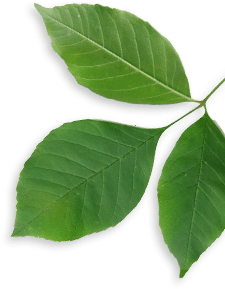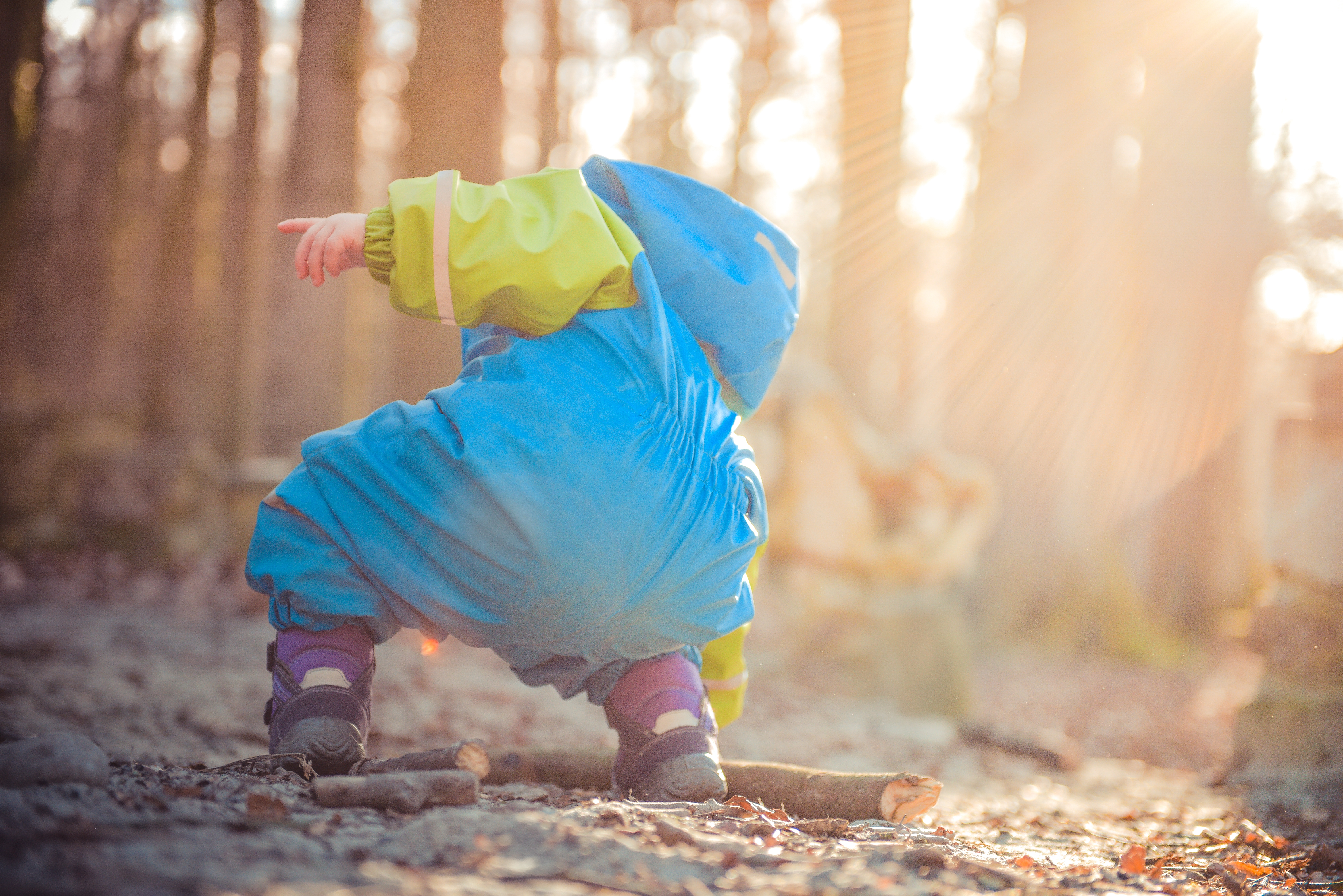

Visual impairment and the importance of nature

.A recent study by Dr Sarah Bell explores the various ways ‘nature’ feature in the lives of people with visual impairment. The Sensing Nature study delves into the important role nature experiences therefore have on childhood. Here we share Dr Sarah Bell’s latest research findings:
Sensing Nature – a research study
“In recent years, there have been growing calls for children to ‘re-connect’ with nature, often in the name of health and wellbeing. This has catalysed initiatives such as “Project Wild Thing” in the UK and the “Children & Nature Network” in the US.
The importance of time spent in nature as a child is also emerging in “Sensing Nature”; a two-year research project, exploring how people with varying forms and severities of sight impairment experience a sense of wellbeing, or otherwise, in diverse types of nature through the many twists and turns of life..
Although Sensing Nature has focused on the experiences of adults with sight impairment, many of the stories shared by participants have emphasised the importance of childhood nature encounters. Here we share some of the themes apparent in the stories of those who were born with sight impairment, including conditions such as glaucoma, congenital cataracts, Leber’s Congenital Amaurosis, retinopathy of prematurity, coloboma and retinal detachment.
Findings
Perhaps the most common memories shared by participants have been the moments of freedom experienced in nature as a child, be it through exploring and getting to know their back garden, or being able to run around fields and open beaches without having to worry too much about obstacles, steep drops or hard landings. As one participant, Phoebe, recalled:
“When I was very small, I used to love it if my parents took me up on the Downs. They’d let go of my hand, and I could just trot along the path at my own speed. I thought I was going really fast, but I’m sure I wasn’t! But it was the freedom that nothing would hurt me, nothing would run me over, or anything. It was just lovely.”
Other participants discussed the importance of being able to explore and take risks as a child, to imagine, play freely and move in three-dimensional space. As illustrated in participant, Brett’s, quote below, these experiences were rarely without risk. However, many participants attributed their ability to manage and negotiate nature’s challenges in adulthood to such opportunities:
“It taught us all about managing risk for ourselves, and taking risks. It also taught us the things people take for granted. Spatial awareness, three dimensionality, motion, movement, all that kind of thing. As blind children, you go one of two ways. You either don’t get to experience a lot of movement and self-exploration, in which case your perception of the world becomes very limited, or you do, in which case you will have accidents, you will fall out of trees, you will fall off bikes, you will hurt yourself… But at the same time, you learn, both from the accidents you’ve had, but also from the hours and hours and hours of exploration… I know that I’m very glad that I was allowed to do a lot of self-exploration… If you don’t have those opportunities when you’re young, you won’t want, or even know they exist, or be equipped to take advantage of them when you’re older.”
Connections to nature are thought to develop through both enjoyment of nature settings and a sense of empathy for nature’s many plants and creatures. This empathy was evident amongst several participants, often arising through multisensory opportunities to engage with nature in childhood. As commented by one participant, Annie, for example:
“There was a time when I was at boarding school that somebody had found an injured bird… it was just on our path up to our house at school. And I remember having a look, and stroking it, and picking it up, and holding it close to me. I could feel its heartbeat. How fragile it was and how beautiful, and how soft. Subsequently it died, and I was absolutely heartbroken… And I suppose that made me so much more aware of the fragility of life. The fragility of those tiny creatures. How beautiful they are. When you can’t see very well, so much of your seeing is done through your hands.”
Other participants emphasised the feelings of companionship and comfort experienced through time spent with nature as a child. This was through birds and pets, or with particular trees that offered a sense of stability and security. As one participant, Eve, commented:
“I absolutely adore trees… Before, I used to love to climb them. I would get told off for climbing them. But, yes, I used to like to climb them in the orchard, the apple trees were easy to climb. And I loved getting up into them and hiding away in the apple trees… the trees were like friends. They sheltered you and they supported you.”
These findings suggest that childhood experiences, such as those supported by Moorvision, are invaluable in promoting opportunities to build meaningful relationships with nature that last into adulthood. Recognising this, we are organising a festival of nature at the Eden Project on 3rd November 2018. The event will celebrate opportunities to connect and learn about nature with all the senses. This may include learning the textures, tactile arrangements and scents of different plant stems, leaves and flowers. It will also explore the varied calls and songs of different bird species. Plans for the day will be taking shape over the next few months so if you would like to be involved or hear more, please do get in touch (Sarah.Bell@exeter.ac.uk), we would love to hear from you!”
Article originally published in Moorvision Summer 2018 newsletter.
Share
Find this article interesting? Share on social media to get friends and colleagues involved!











